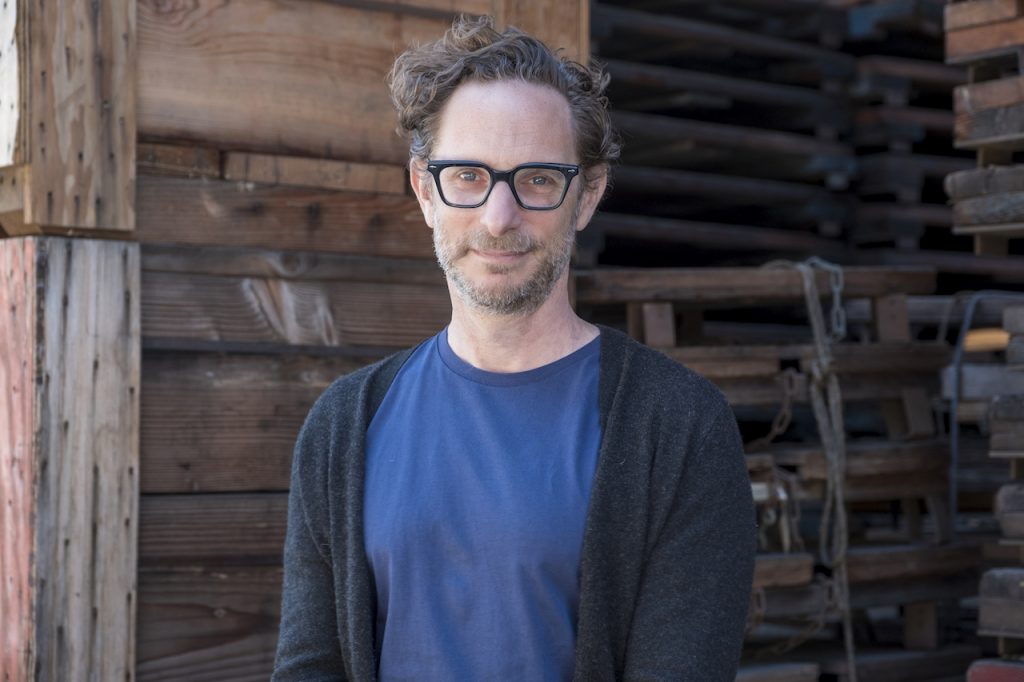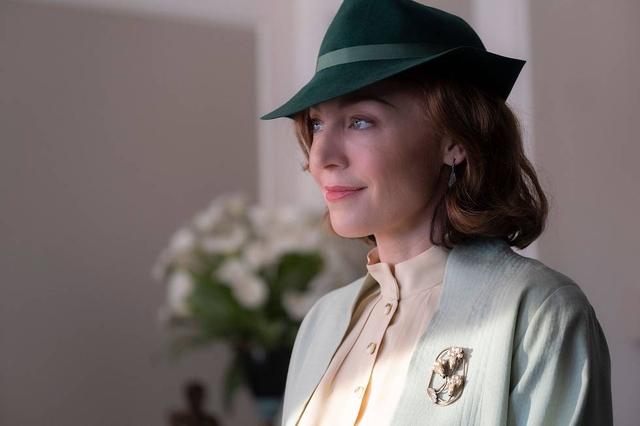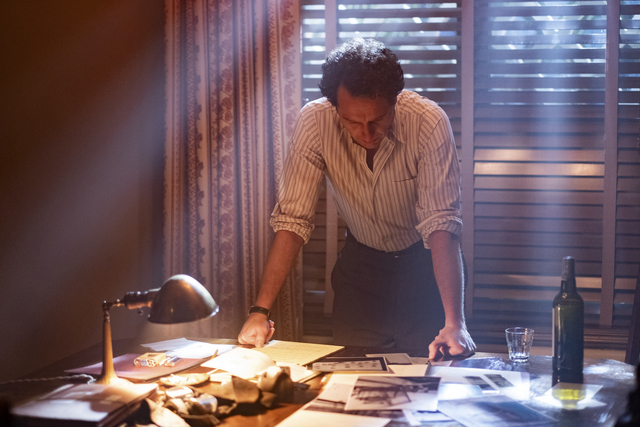The first book of Eric Stanley Gardner’s Perry Mason series premiered in 1933 and it ran through 1973. The short stories and book-length stories were initially showcased in The Saturday Evening Post and Toronto Star Weekly. In the 1930s, the Depression Era, several of the books were made into movies. The Case of the Velvet Claws and The Case of the Black Cat are just a couple of examples of popular Perry Mason films that started to make the courtroom figure a part of the cultural zeitgeist. He entered America’s living rooms in 1957 on the small screen in a series that lasted through 1966. Starring Raymond Burr in the lead role, the show won several awards, including three Primetime Awards and a Golden Globe.
The series has had many incarnations, including a short-lived series in the 1970s and several TV movies in the 80s and 90s. In 1987, The Perry Mason Board Game was introduced by TSR. Apparently, the public can never get enough of the clever, no nonsense criminal defense attorney. The latest iteration airs on HBO and HBO Max and stars Matthew Rhys as the edgy, smart defense attorney. The second season is helmed by Michael Begler and Jack Amiel, who were also responsible for slick The Knick.
Executive producer/ showrunner/ writer Michael Begler talks with us about spearheading such a well-crafted reimagining of a legendary show.
Were you a fan of the original ‘Perry Mason’?
I actually didn’t watch it. It was one of those things that you knew about, and my parents watched, and probably my grandparents too. I actually didn’t become a fan until I saw season one of the HBO version.
How did you get to do season two?
My partner Jack and I… we were working on a project for HBO. We were trying to do a spinoff of our show The Knick. We had just finished writing a pilot for that. At that time, HBO was looking to bring in new showrunners for season two of Perry Mason. Even before that, I’d watched the series and was a big fan of that. I met with them and I met with team Downey and we got along very well. Being big history buffs, we couldn’t resist.
How did you decide on the tone of the show?
A lot of the tone is dictated by what was set up by season one. We wanted to brighten it a little bit. That first season is quite dark, You’re starting off with a dead baby, which is quite arresting. We wanted to expand on what Los Angeles is. And in doing that, we wanted to expand on the characters. That gave us a little bit of freedom to play with tone. When Jack and I write, what we tend to do, organically, is infuse some humor because it’s very natural for us. We did that with The Knick. My favorite show is The Wire. I feel that show did it so beautifully. It’s just humans being humans and that organically sets the tone.
This is set during a rich time period. What kind of research did you have to do?
That’s the best part of doing any period piece… getting to dive into the worlds. We were very fortunate to have several amazing experts to help us out. All out of USC. We had Bill Deverell, a general California historian. We had Elizabeth Logan, the legal historian. And Natalia Molina, who was the Mexican historian. We used them and read books. Once you find a thread, you go down those rabbit holes and it’s endless!

Michael Begler
What were some of the best research books you read?
One of them was Bohemian Los Angeles. That was about the queer culture. Then there was this other amazing book called Dark City, which is mostly pictures and it’s by Taschen. It goes into the real L.A. noir of the period. I use Newspapers.com a lot. That thing is just endless and it’s amazing what you can come across with it.
Did you read any of the Perry Mason novels?
I started them, but we don’t use them as source material. What’s important is to try to tell the best story. Learning about each section of the city, learning about each culture… that’s what really got us going.
Did you discover any surprising bits of info that you left out of the show?
When we discovered this whole movement to repatriate Mexican Americans to Mexico, that sort of set the tone. One of the first conversations we had with Team Downey… we were on with Susan Downey and Amanda Burrell… and Robert Downey, Jr. just popped his head in and threw out the word ‘oil.’ We started looking into that. When we saw those archival photographs and the forest of oil derricks along Venice Beach, that was way too rich to pass up.
What motivates Perry Mason?
I think that Perry’s very conflicted. Even though he had a victory at the end of season one, once that dust is settled, he’s not even sure that he wants to be a lawyer. Now he’s thrust into this world and he has this whole identity crisis…. imposter syndrome. He also has a real sense of justice and fairness within him. He doesn’t see the world in black and white. He sees the greys. What he went through in the war drives him. Also, the responsibility of having someone’s life in his hands he takes very seriously.

Della Street (Juliet Rylance) Photograph by Merrick Morton/ HBO
What’s your favorite episode of the season?
I think episode 7 because it’s very propulsive.
What was your writing routine for each episode?
It started way back in March of 2021. We started outlining and researching. Once we got into the scripts in pre-production, we were still writing and rewriting. When we got into production, we found ourselves a little backed up so we brought on some more writers, which was an enormous help. It gave us more voices and more points of view.
Was there a writers’ room?
Yes. We had four other writers in there, which was enormously helpful, particularly in plotting out the second half of the season. Doing a courtroom drama with a mystery on top of it leaves a lot to figure out.
What kind of knowledge did they bring to the table that you feel you didn’t have?
We had the team of Mauricio Katz and Pedro Peirano. Mauricio comes from Mexico and Pedro comes from Chile, so to have that Latinx voice was extremely important. We had Elizabeth Boxa. To have a female voice was important. We had Niko Gutierrez-Kovner, who is of Cuban descent but grew up in L.A. They filled in the places we couldn’t see. All of them are also very good with coming up with interesting plotting.
How would you compare working on Perry Mason to The Knick, which was also a period piece?
Very different. I absolutely loved my experience on The Knick. It was all helmed by Steven Soderbergh. Jack and I did all of the writing and rewriting but it was sort of done on the set, where we had a brain trust – us, Steven Katz, Steven and his producing partner Greg. We would rehearse the scenes. He held the camera, he edited it. It was all sort of done. Whereas this was much more traditional showrunning, from prep to post. It’s a lot of work but incredibly rewarding. Despite being daunting at times, it’s the best experience I’ve had in my career, hands down.
Do you feel a certain responsibility reimagining such a legendary show?
Yes. Not only to the series but to the books, to the legacy. And to the first season of this version too.
Would you ever consider doing a movie version of the series?
That’s a very interesting question. Nobody’s asked me that. I think it all depends on the case. If it’s one that could be done in two hours, great.
The reason I ask that is for one thing, the look of the show is gorgeous. Very cinematic. Also, there seems to be a revival of the old-fashioned detective. Though Perry is an attorney, he has serious sleuthing skills.
I had the privilege of seeing this on a much bigger screen when we were doing post and boy does it pop. It would be great if people could see it on that scale.

